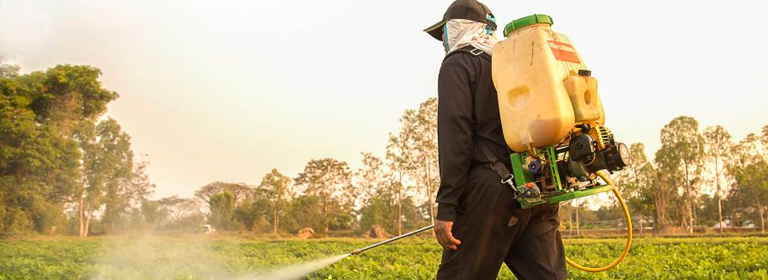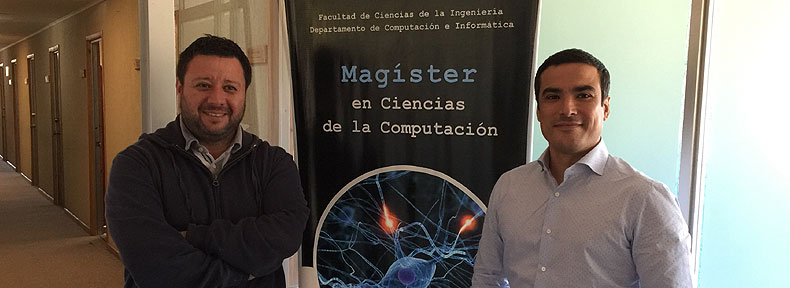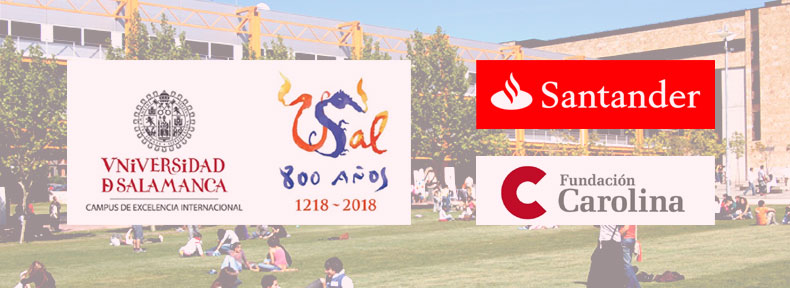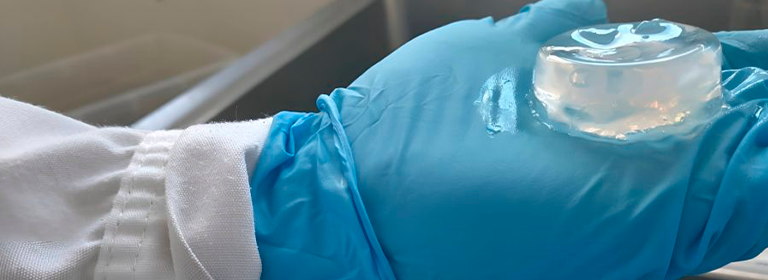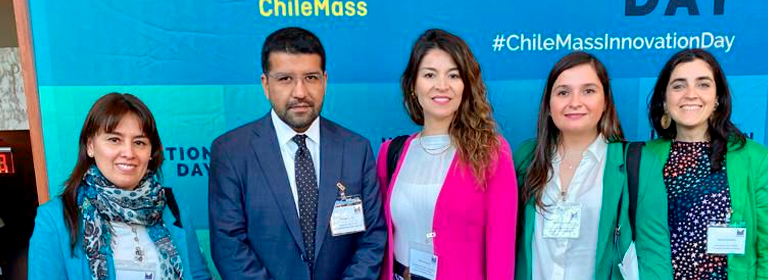The initiative, financed by the HORIZON program of the European Union, will be executed by institutions from a dozen countries, including Universidad Católica del Maule.
 A consortium of renowned scientific, academic, and business entities from twelve countries will seek innovative alternatives to chemical pesticides. The alliance, funded by the European Union’s Horizon program, will be led by the Paris-based National Institute for Agronomic Research. Universidad Católica del Maule is the only Chilean entity that will be part of the consortium.
A consortium of renowned scientific, academic, and business entities from twelve countries will seek innovative alternatives to chemical pesticides. The alliance, funded by the European Union’s Horizon program, will be led by the Paris-based National Institute for Agronomic Research. Universidad Católica del Maule is the only Chilean entity that will be part of the consortium.
«We are proud to be awarded this project as the lead institution, especially as CIEAM. This is the first time that UCM has been awarded a project of that carries this much weight,» said Hugo Benítez, director of the Maule Center for Research and Advanced Studies, which is anchored at the campus.
«The idea is to generate more natural biological control proposals,» he explained, «and test them in different parts of the world to favor sustainable agriculture in orchards of both small and large-scale farmers. We will create proposals and equipment to be able to transfer a biocontrol culture to farmers, so that they can carry out sustainable agriculture. Nowadays, especially the smaller farmers, use pesticides because they are cheaper and more efficient.”
The initiative, titled ACROPIS, will not only promote environmentally and health friendly practices, but will also support profitable agricultural production.
«A reduction in pesticide use will only be achieved if it is a shared ambition through the food chain, from farmers to consumers. This is key to distribute value, share risks, and promote the adoption of innovations, which must be adapted to local conditions,» said the PhD in Evolutionary Biology.
High-end Team
Benítez, an adjunct researcher at the BASE Millennium Institute and an international reference in climate change and biological invasions, will work on the project together with Margarita Correa, PhD in Agricultural Sciences, an expert in biological control and sustainable methods without pesticides. The initiative includes academics Juan Pablo Gutiérrez and Katia Vogt, in the line of mathematical modeling.
«The team is quite innovative because it will model the risk of pesticide use and what the scenario without pesticide would be like. The model, with its positive and negative feedbacks, will give us guidance on how to start in the field. In Curicó, we have already identified areas where we will test control methods, some of them from other members of the consortium», emphasized the researcher, who is also the director of the recently inaugurated Doctorate in Ecosystem Health at UCM.
«This project brings us great joy, given that our PhD deals directly with environmental health issues and working in a giant international consortium team on agroecological issues positions us strongly as an institution, and gives us solid tools for internationalization, to be able to continue doing quality science from Maule to the world,» he said.
The other institutions in the alliance are located in China, France, Romania, the Netherlands, Portugal, Belgium, Spain, India, Cambodia, Senegal, and Argentina.

